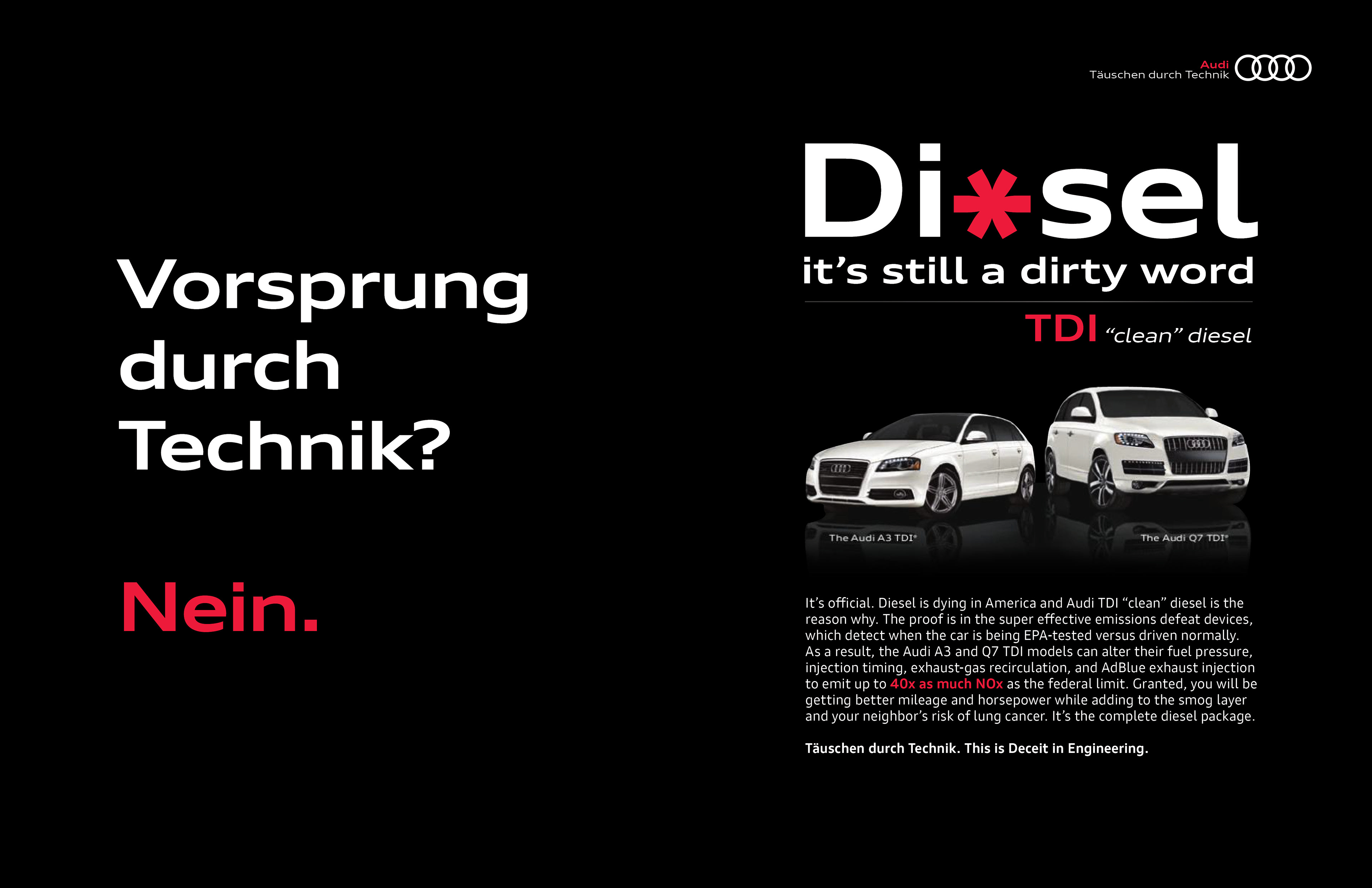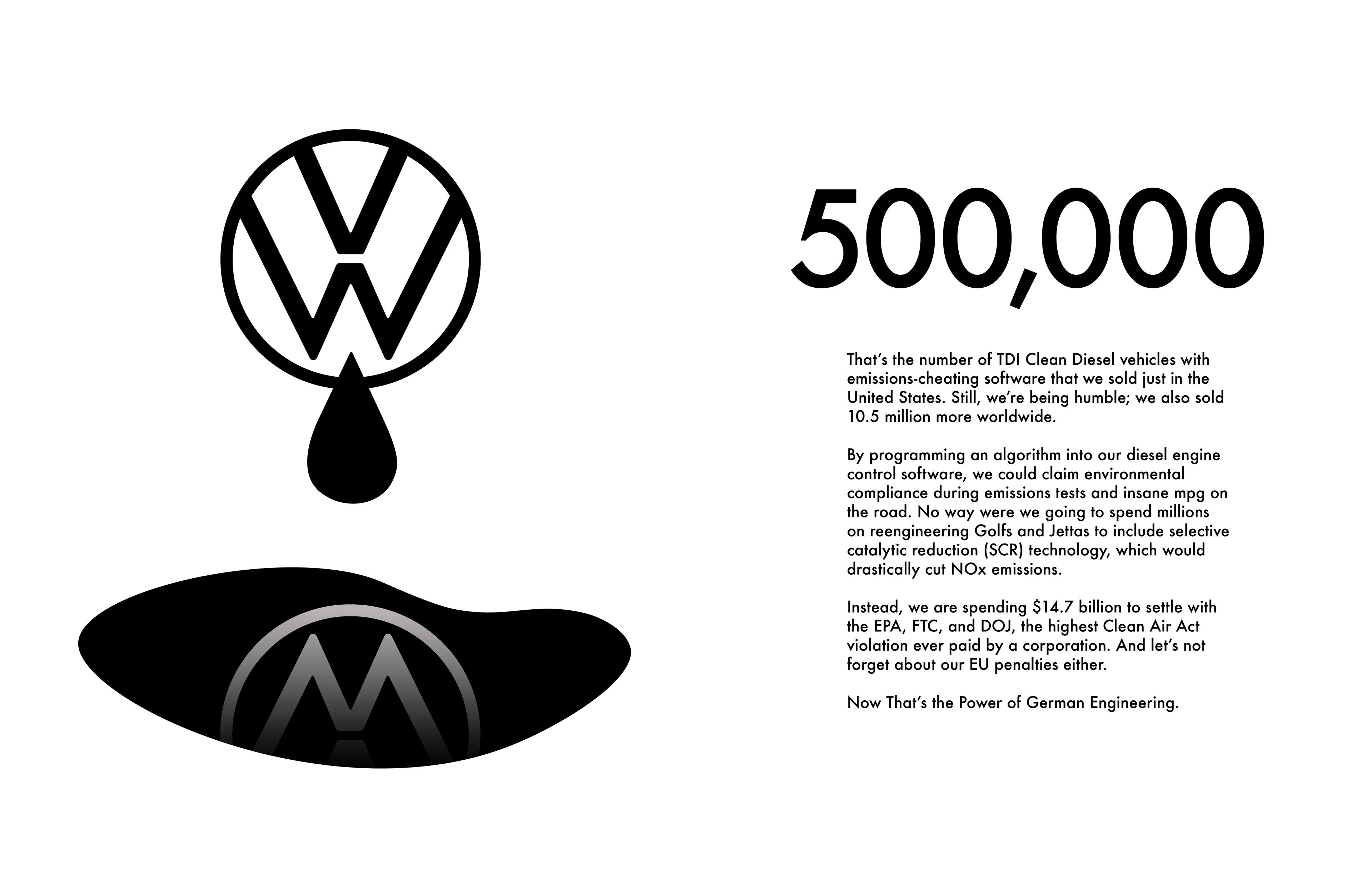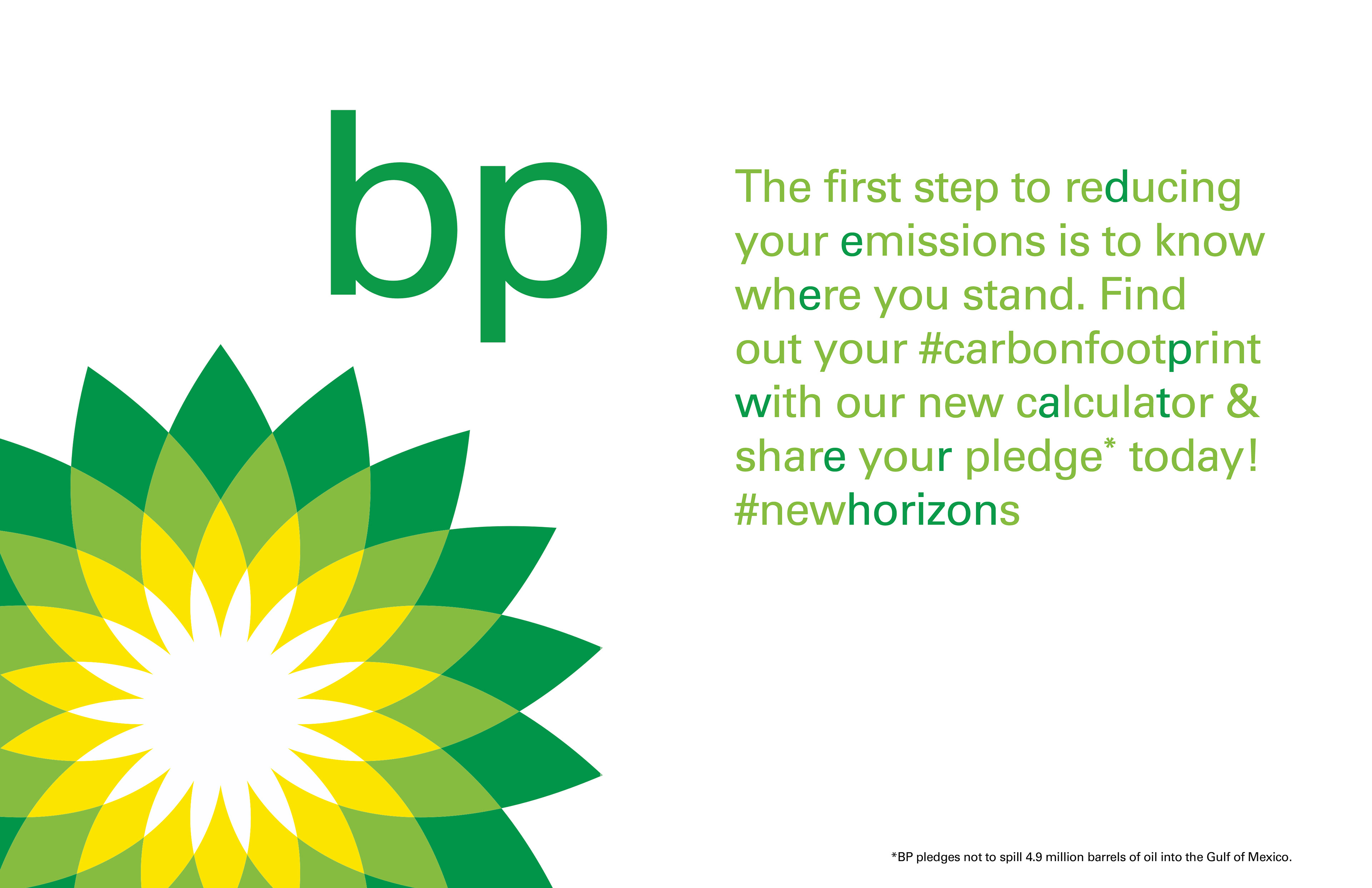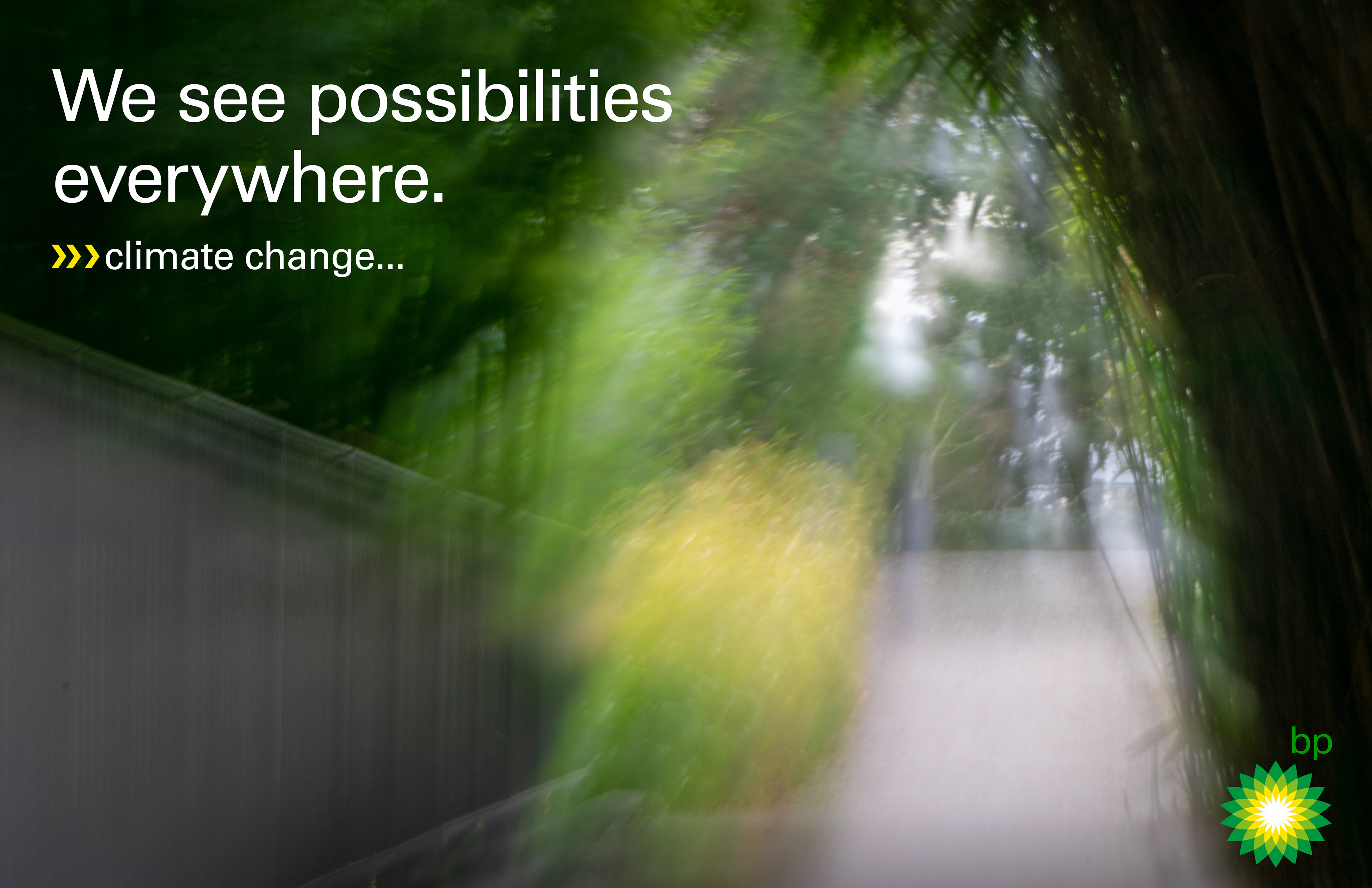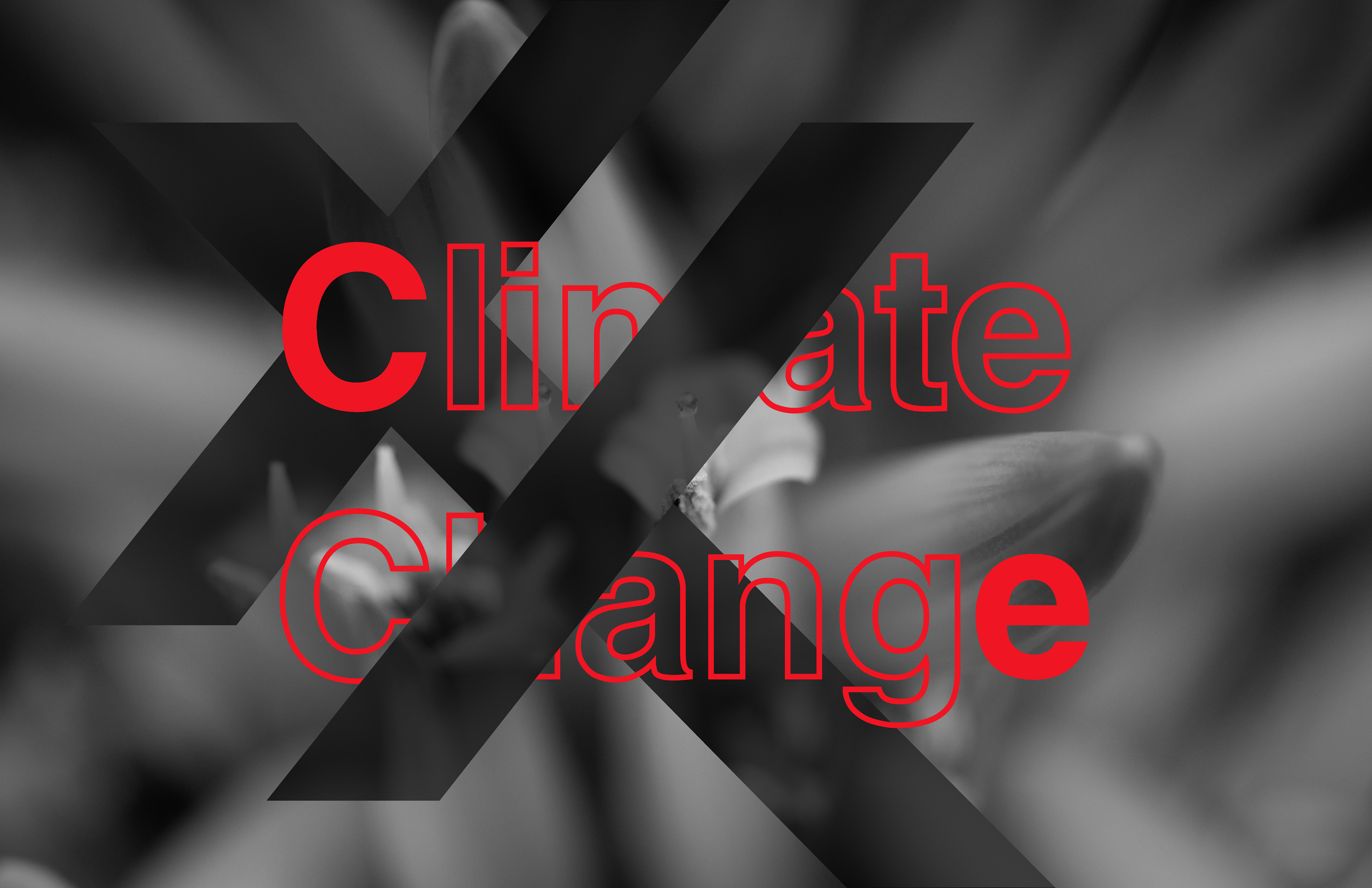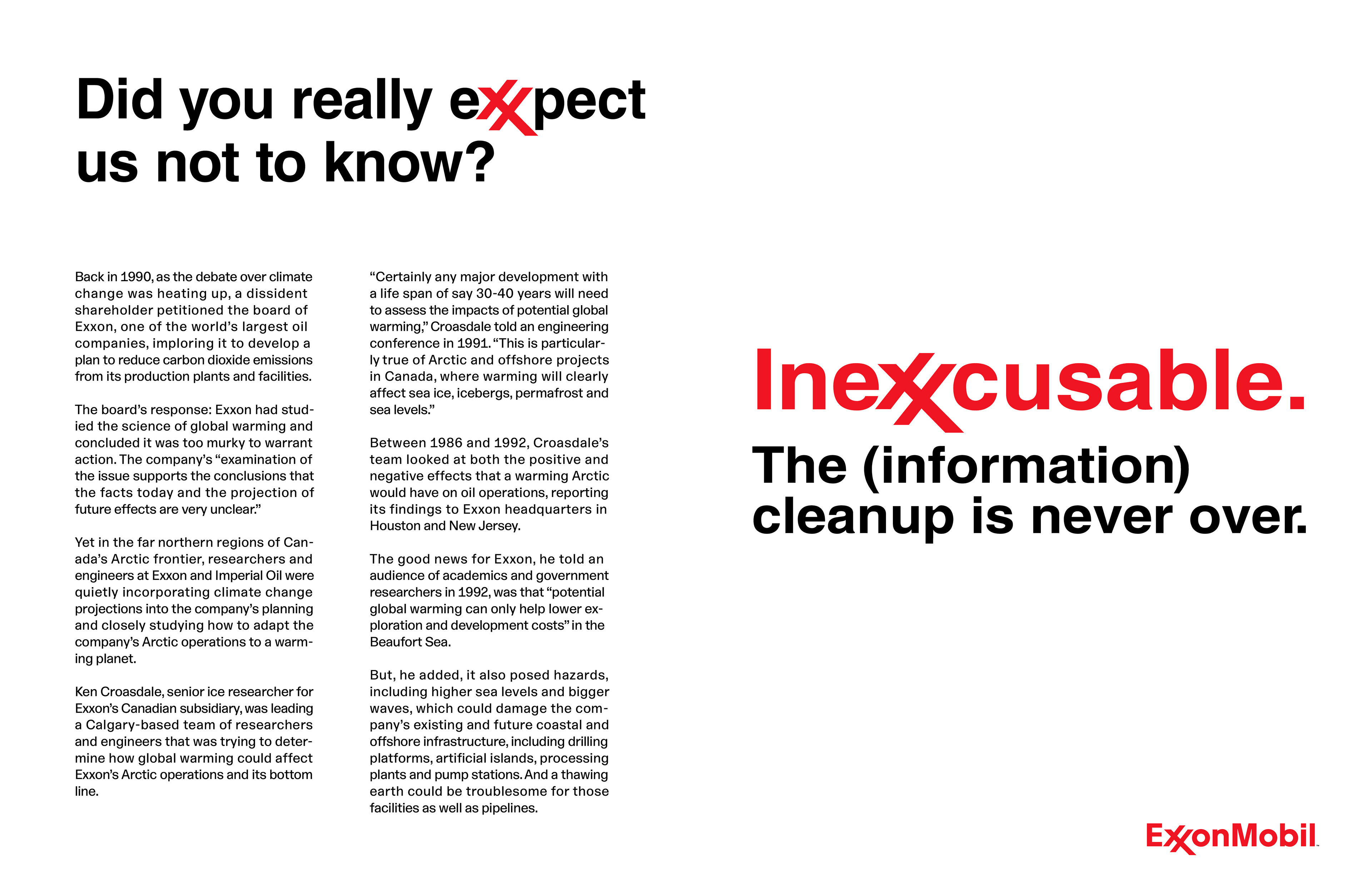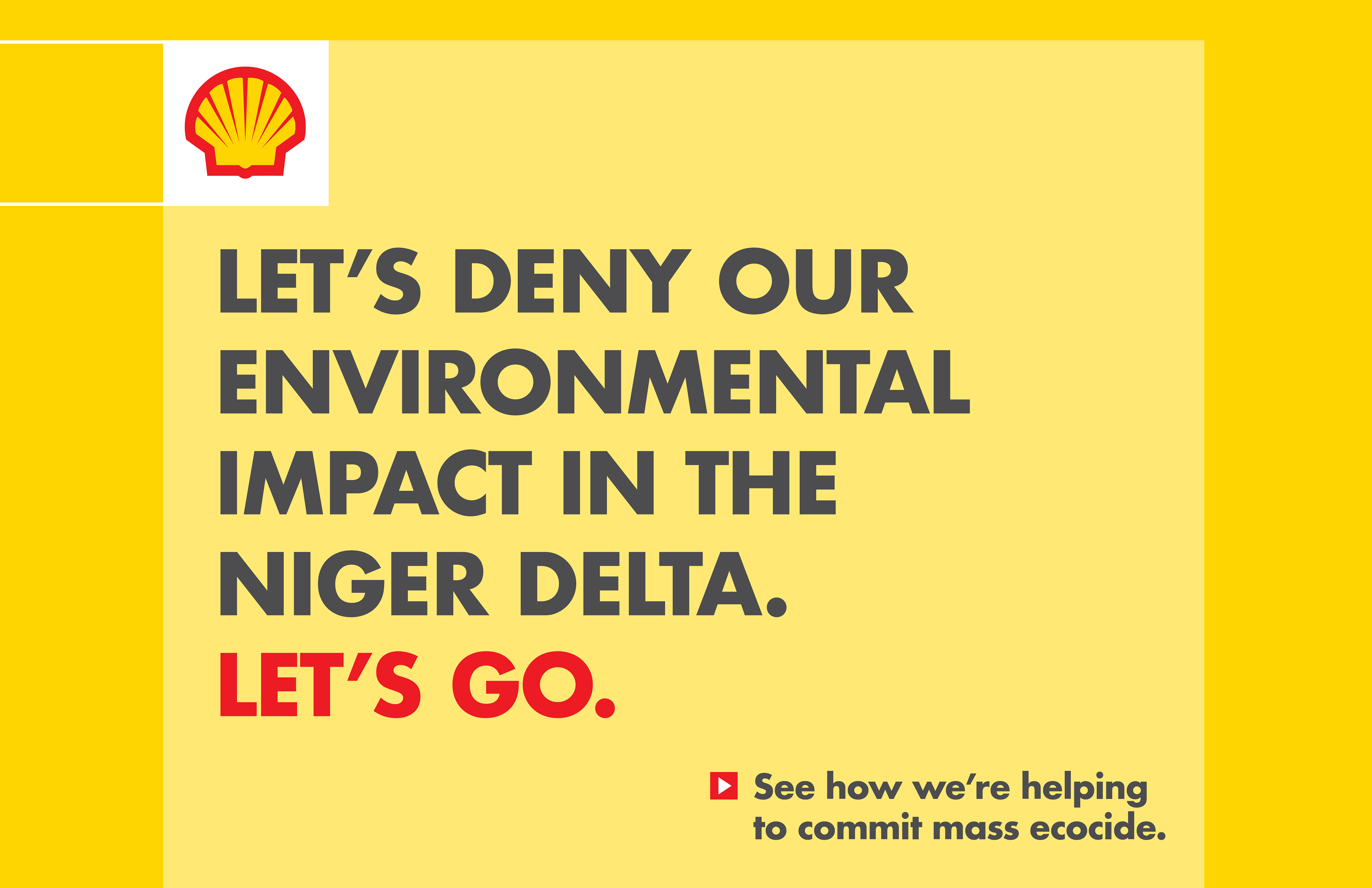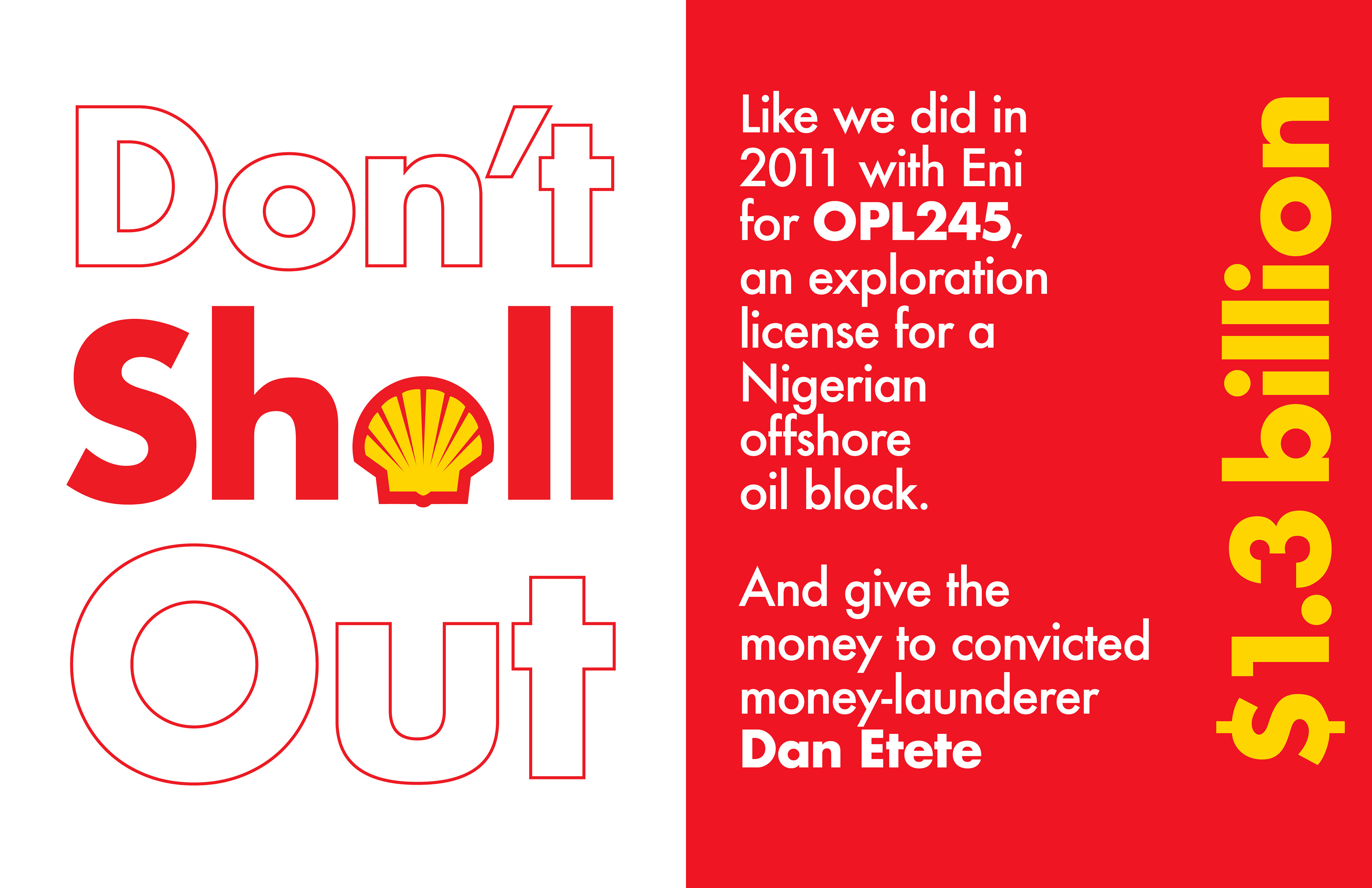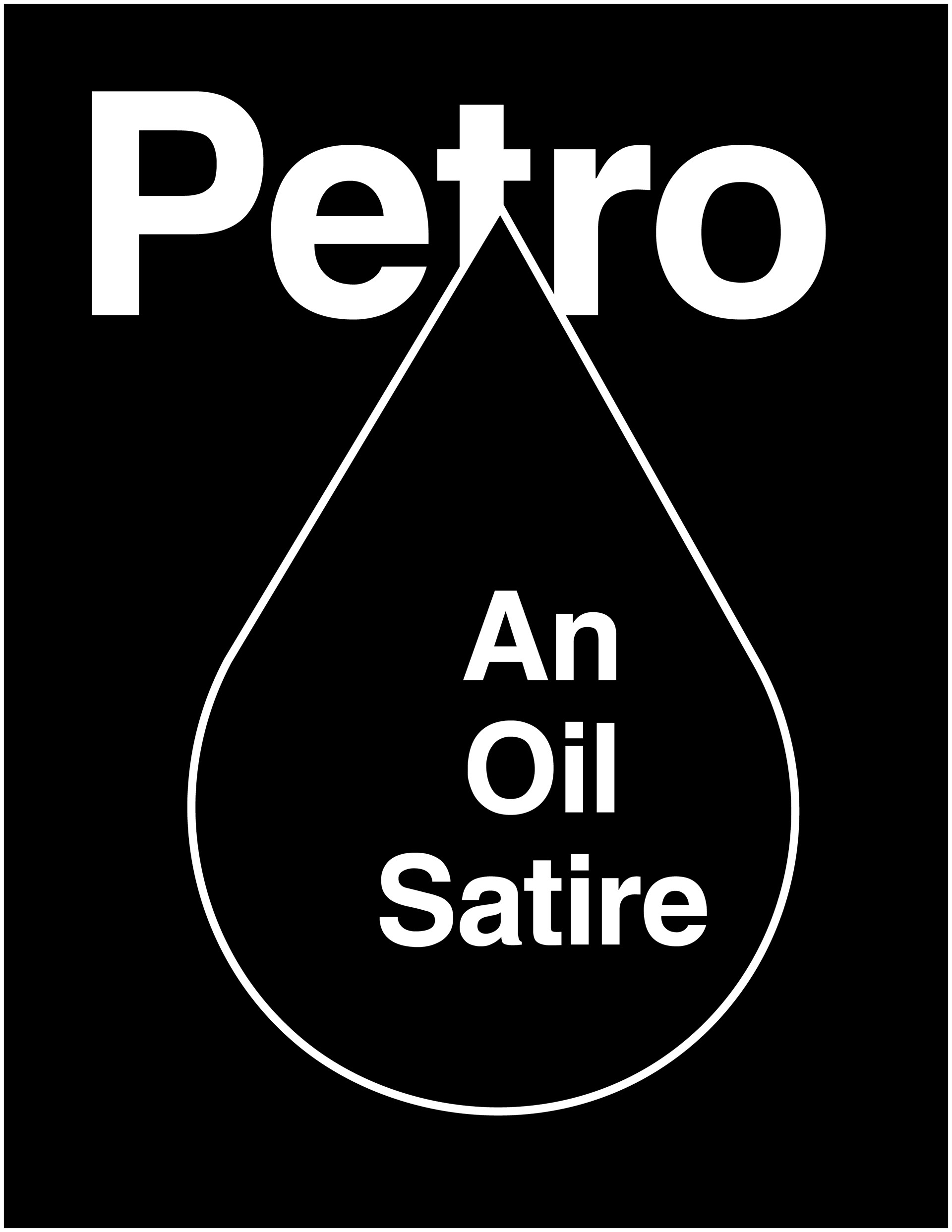
Front Cover
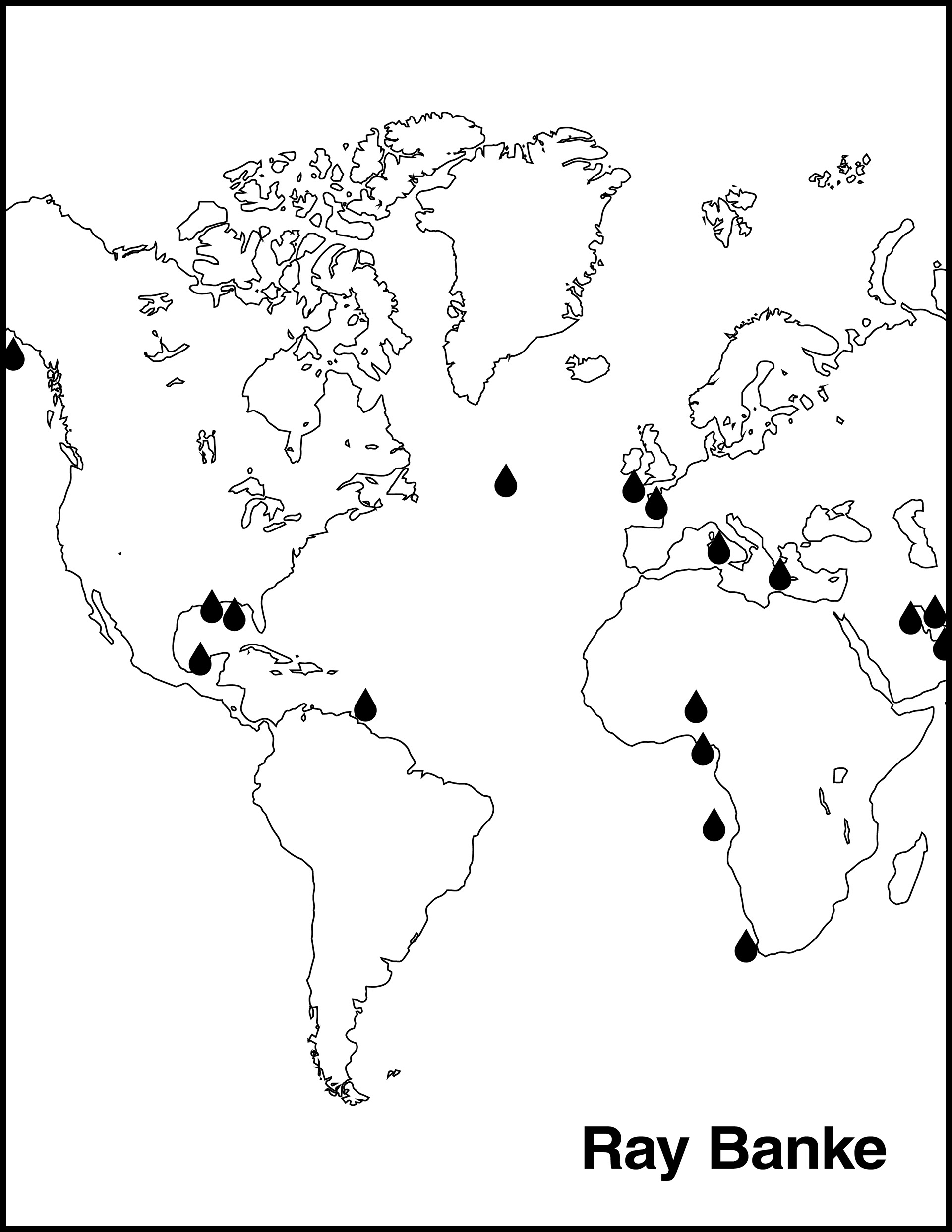
Back Cover
Overview
As a designer and car enthusiast, I’m enthralled by the hypocrisy of oil and car companies' marketing campaigns, which rarely reflect their proclaimed innocuous state of affairs. Petro: An Oil Satire is a zine that reuses the logos, fonts, and writing styles of real oil and car company advertisements for satirical purposes.
Mentors: Irena Haiduk; Jennifer Wenzel
Duration: 4 weeks
Tools: Adobe Indesign, Illustrator, Photoshop, & Lightroom
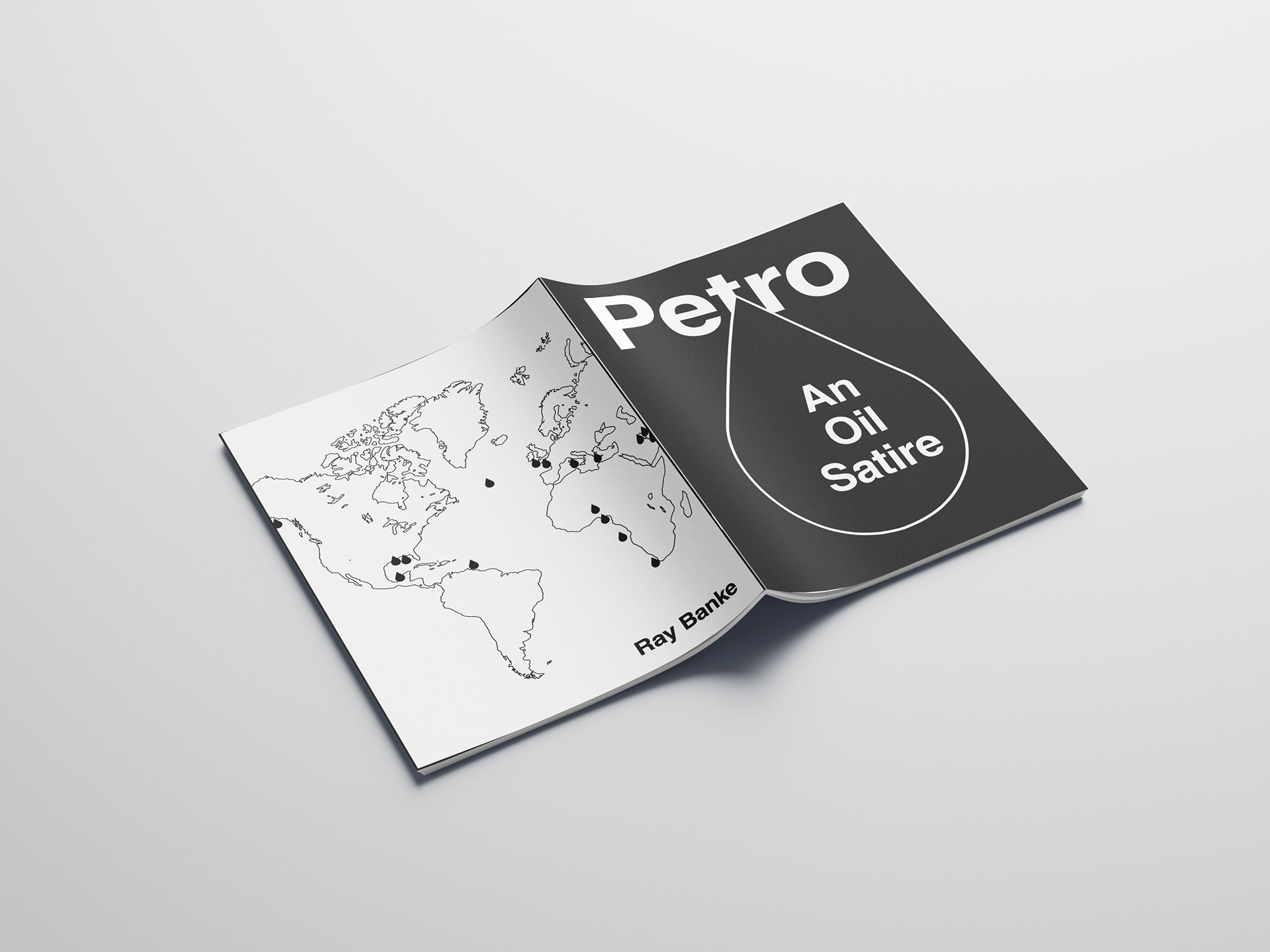
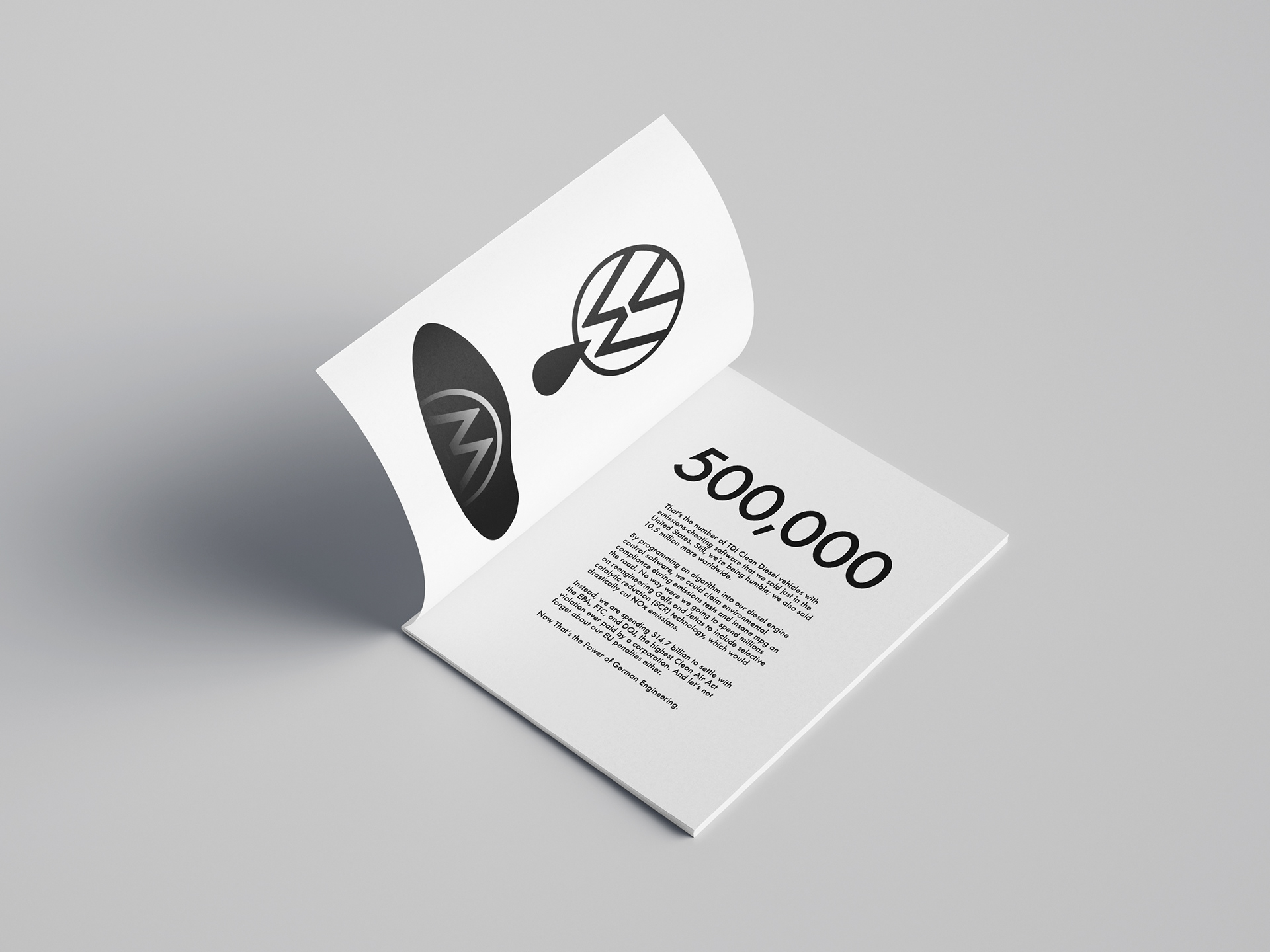
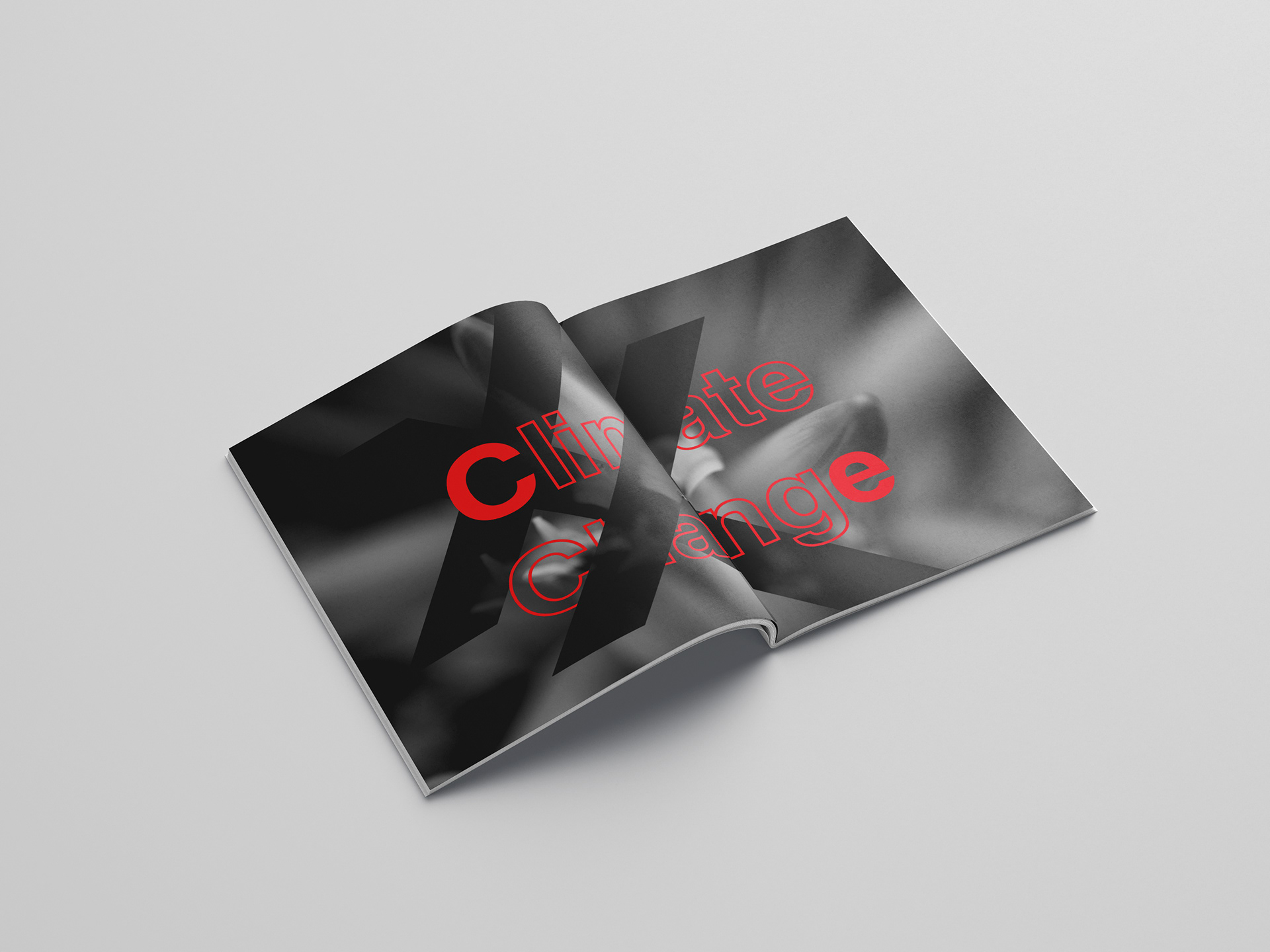
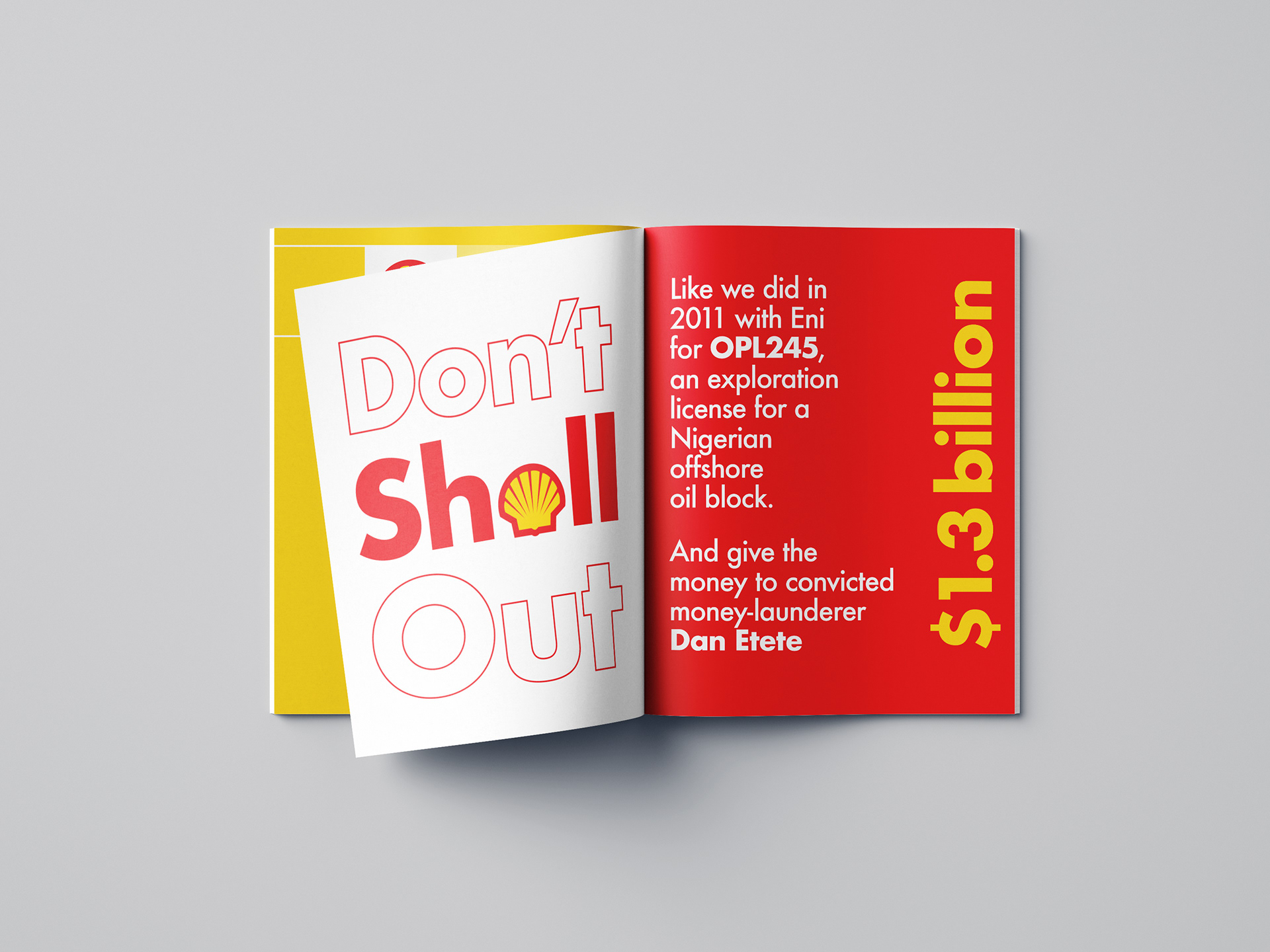
"Despite being a concrete thing, oil animates and enables all manner of abstract categories, including freedom, mobility, growth, entrepreneurship, and the future in an essential way—an insight that recent cultural criticism is beginning to use to interrogate the energy-demanding structures and categories of modernity."
- Imre Szeman,“How to Know about Oil”
